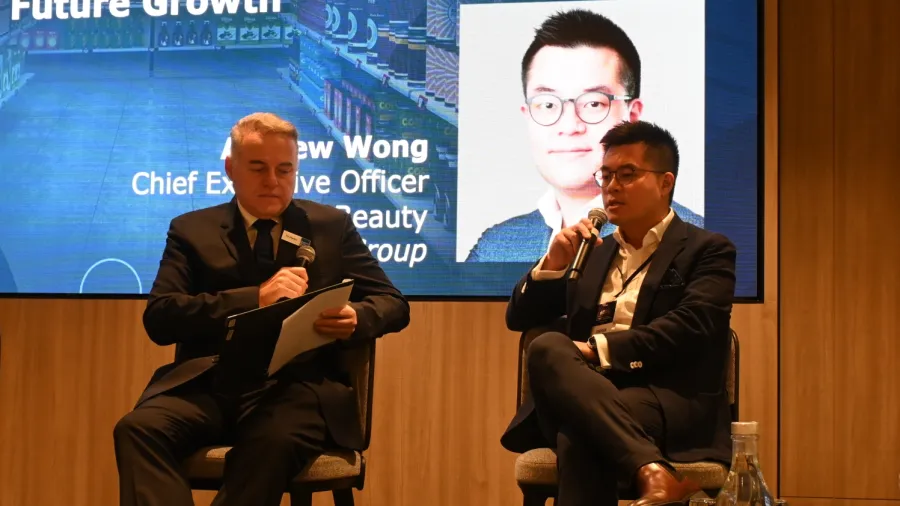
Beauty retailers unlock the power of high-tech
Companies should use tools that solve real-world consumer problems and boost efficiency.
Beauty and wellness retailers are using game-changing technologies to boost brand connectivity and personalisation to capture and keep the attention of health-conscious consumers, in their bid to streamline operations and increase sales.
This is particularly true in Asia, where retailers have started using technology to solve a pain point or create a customised experience, Andrew Wong, CEO of the Health and Beauty division at DFI Retail Group, told the Retail Asia Summit 2024 in Singapore on 20 November.
In Singapore, where one in five residents is at least 65 years old, it is important to help seniors “continue living healthily and beautifully", he said.
To address the needs of an ageing population, more retailers offer services that promote preventive health, such as free in-store health assessments for a quick, comprehensive check that gives customers 20 health metrics in just five minutes.
"At first, I think a lot of concern was on whether we're going to get enough people, turns out the queue is now up to January, and people spend three times average spent after using consultations," Wong said.
In Singapore, DFI-owned Guardian Health & Beauty stores also provide teleconsultations with doctors, letting customers get prescriptions without visiting a clinic. “The right data and brick-and-mortar stores can actually bring up new solutions."
Wong said these wellness trends extend to young consumers such as Gen Z and Millennials. He said most participants in their free health assessment are aged 31 to 45, which shows that wellness is a broader cultural movement.
The global beauty industry, broken into categories of beauty tech, cosmetics, fragrances, personal care, and skin care, is expected to generate $646.2 billion in sales in 2024, up 3.3% from last year, according to Shopify. About $88.47b will come from online beauty purchases.
Whilst technologies such as generative artificial intelligence (AI) and app-based user experiences hold promise, Wong warned against adopting trends without clear, real-world benefits. He said the focus should be on tools that solve real consumer problems and improve efficiency.
Localised strategies are crucial across the diverse markets of Asia. In Vietnam, for example, stores use computer vision, which replicates human vision capabilities in machines, to optimise operations whilst in Malaysia, augmented reality tools are enhancing customer engagement.
Omnichannel retail also continues to be a key strategy for a seamless online and offline store experience.
Guardian uses online data to tailor in-store services for customers. “Brick-and-mortar stores are here to stay," said Wong. "I think the trick is really, how do we help harnessing the data so that the consumer will go into, whether it's online store and offline store, they receive the same understanding expectation of a personalised experience."
An example of this innovation is NFC (near-field communication) technology in stores, allowing customers to access detailed product information through interactive displays. “They want to understand how that [products] actually works specifically for them,” he said.
Wong also cited the need to work with healthcare and technology partners in retail. Guardian has partnered with an insurance company to provide primary healthcare services at store locations, letting employees bypass doctor visits.
He said companies save on sick leave costs, insurers reduce expenses, and customers enjoy greater convenience.
In-store health services are also becoming more sophisticated, with some locations offering personalised product recommendations based on health symptoms, Wong said.
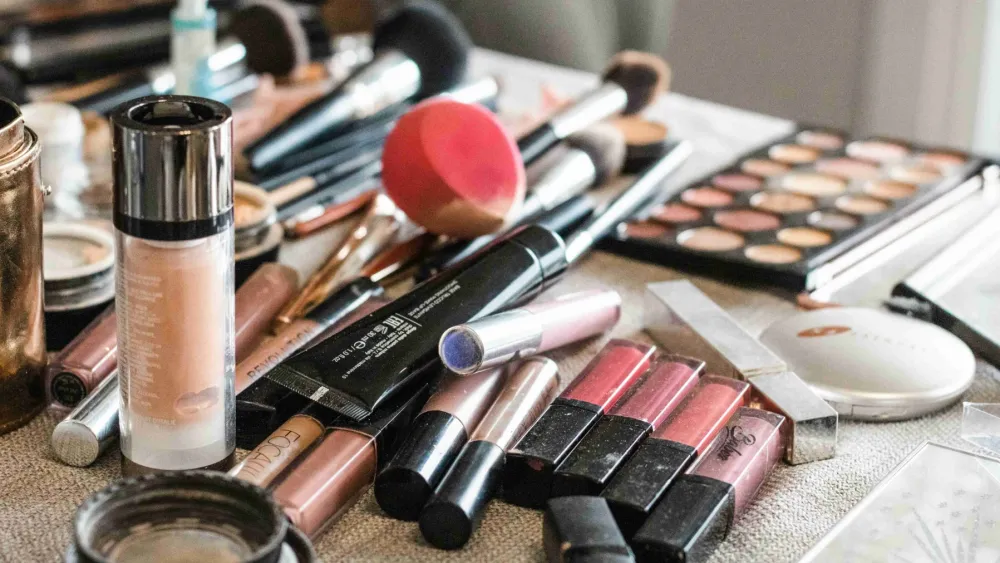
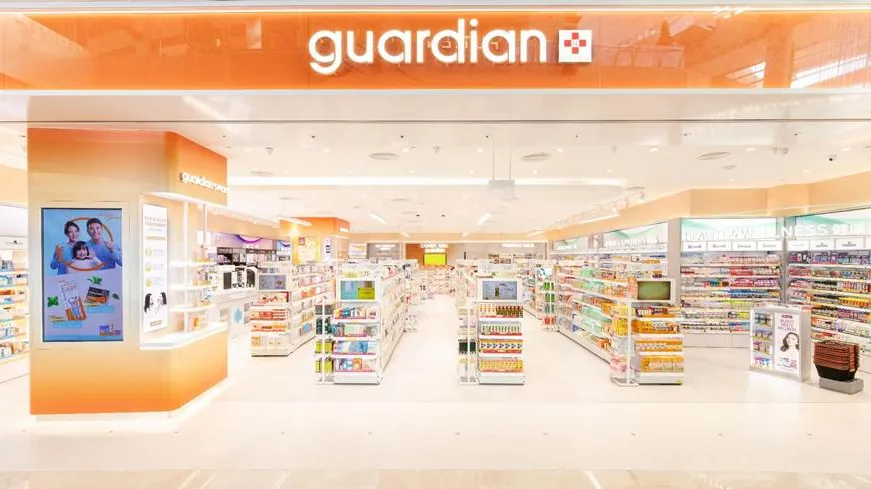
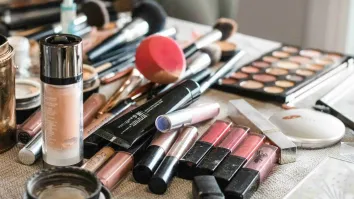
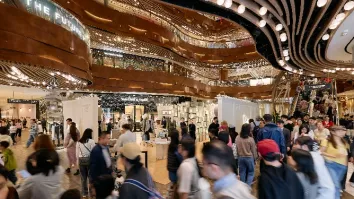















 Advertise
Advertise





